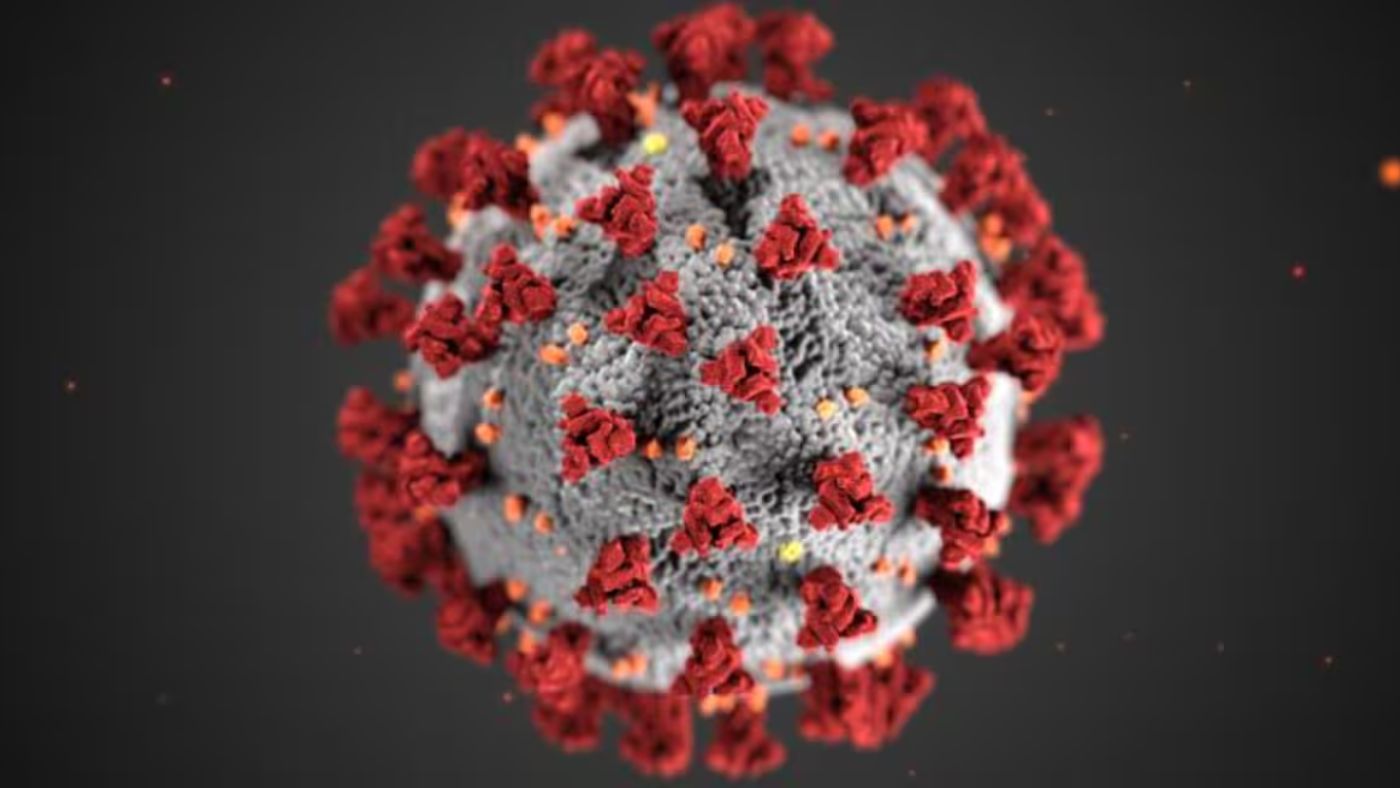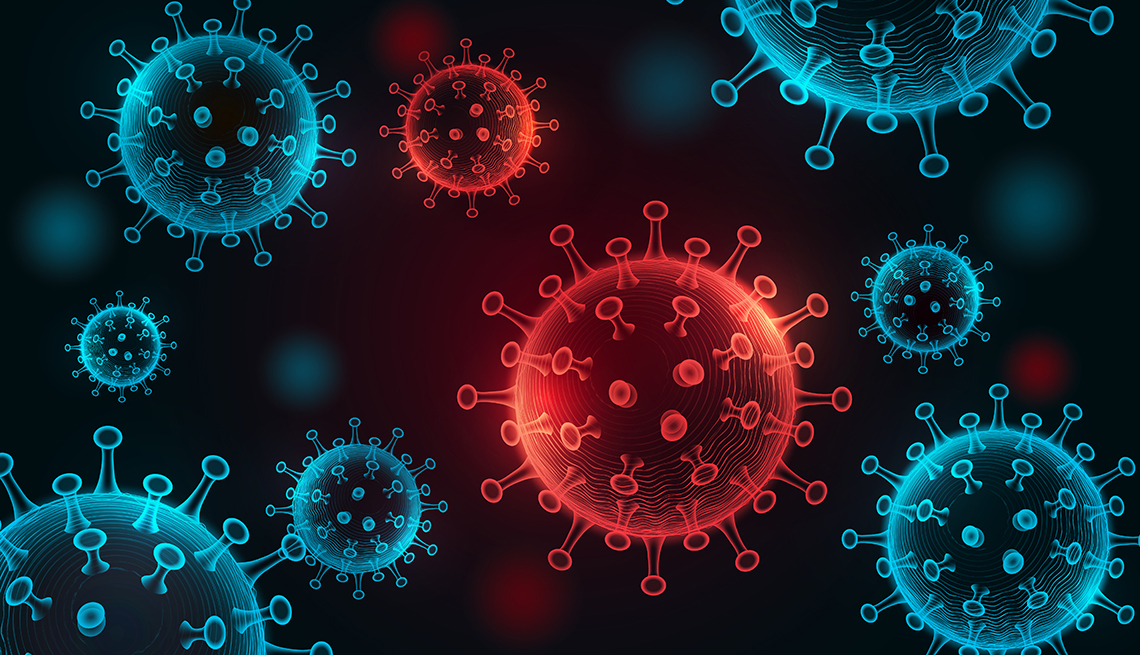Government data released on Monday reveals that the prevalence of a highly mutated COVID-19 variant has tripled in the past two weeks.
According to the U.S. Centers for Disease Control and Prevention (CDC), nearly 1 in 10 new COVID-19 cases are now attributed to the BA.2.86 variant.
The variant is spreading most rapidly in the Northeast, where it accounts for just over 13% of cases in regions like New York and New Jersey.
Scientists first raised concerns about this highly mutated variant back in August, and since then, it has spread across several regions of the United States.
Until recently, the vast majority of new COVID cases were linked to the XBB variant and its descendants, such as HV.1 and EG.5.
However, this trend may soon shift. The CDC’s latest data shows that the prevalence of BA.2.86 has tripled since November 11, although these estimates come with significant margins of error.
The agency emphasized that early projections are less reliable due to the smaller number of sequences analyzed, particularly as laboratory-based testing for SARS-CoV-2 has decreased over time.

Preliminary data suggests that the BA.2.86 variant does not cause more severe illness than previous variants, according to a recent risk evaluation by the World Health Organization (WHO).
Nevertheless, the WHO highlighted a substantial recent increase in BA.2.86 cases globally.
The CDC classified the BA.2.86 variant as posing a “low” public health risk.
However, the CDC’s latest release did note a nationwide increase in emergency department visits related to COVID-19.
Experts believe that a specific descendant of BA.2.86, known as JN.1, may be driving this uptick. JN.1 has recently emerged as the fastest-growing subvariant of BA.2.86 worldwide.
“Currently, JN.1 is the predominant version of BA.2.86 in the U.S. The CDC anticipates that BA.2.86 and its variants like JN.1 will continue to rise in proportion among SARS-CoV-2 genomic sequences,” explained CDC spokesperson Jasmine Reed to CBS News.
Encouragingly, this season’s vaccines are expected to provide protection against JN.1, similar to their efficacy against BA.2.86, the CDC affirmed.
